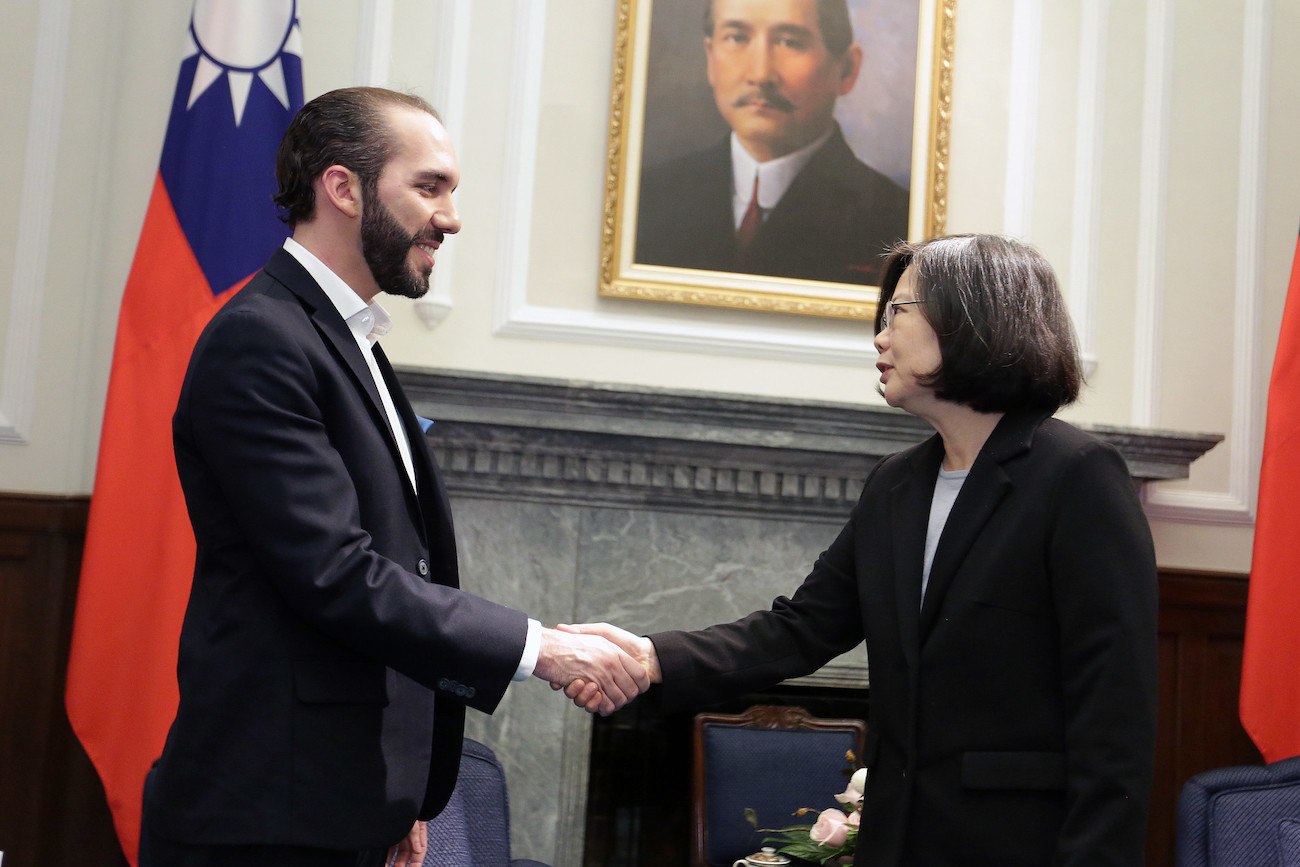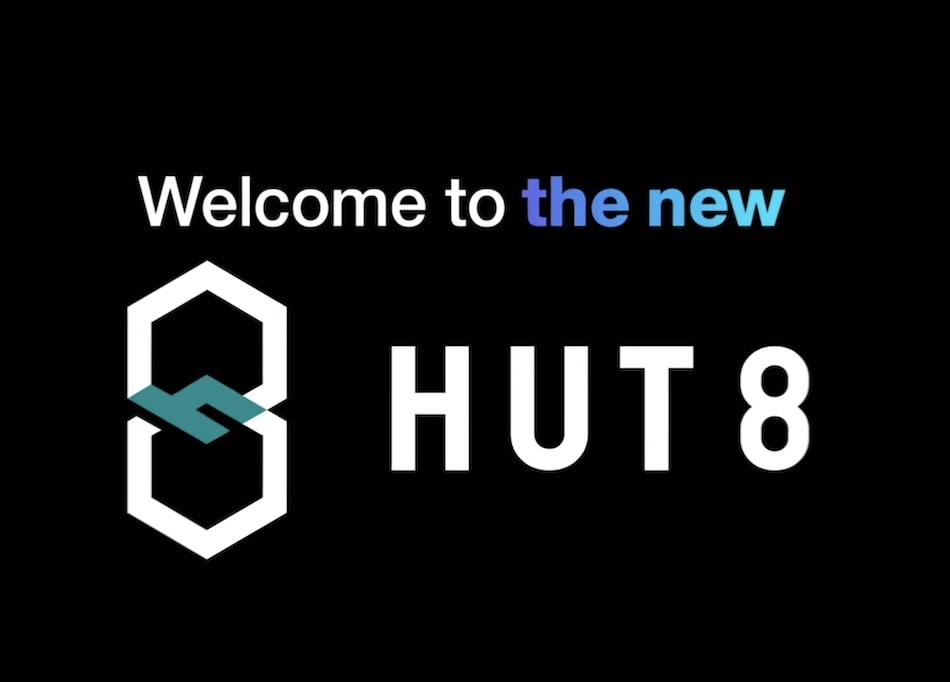
Key Takeaways
- El Salvador will make Bitcoin acceptance voluntary for merchants.
- The deal includes $1.4 billion in IMF loans over 40 months.
- Government participation in Bitcoin projects will be scaled back.
El Salvador has agreed to make Bitcoin acceptance voluntary and scale back government participation in Bitcoin-related initiatives to secure a $1.4 billion loan from the International Monetary Fund (IMF).
The deal spans 40 months and aims to lower the country’s debt-to-GDP ratio, the IMF announced on Dec. 18.
The agreement includes legal reforms making Bitcoin optional for merchants, confining public sector engagement with Bitcoin to limited economic activities.
Additionally, taxes will remain payable in U.S. dollars, El Salvador’s official currency, and the government will gradually reduce its involvement in the state-backed Chivo wallet.
Bitcoin holdings and commitment
Since adopting Bitcoin as legal tender in June 2021, El Salvador has purchased 5,968.8 Bitcoin, valued at approximately $602 million.
A spokesperson for the National Bitcoin Office reaffirmed the government’s commitment to Bitcoin, stating:
We will keep buying one Bitcoin a day (likely even more in the future), and we will not sell any of our current holdings.
Financial impact
This agreement concludes four years of negotiations with the IMF, which has consistently urged El Salvador to reconsider its Bitcoin strategy due to its speculative risks.
The deal also opens the door to further financial support, including loans from the World Bank, bringing total financing to over $3.5 billion.
Despite the IMF’s warnings, Bitcoin usage in the country remains low, with surveys indicating 92% of Salvadorans avoid using it for transactions.




